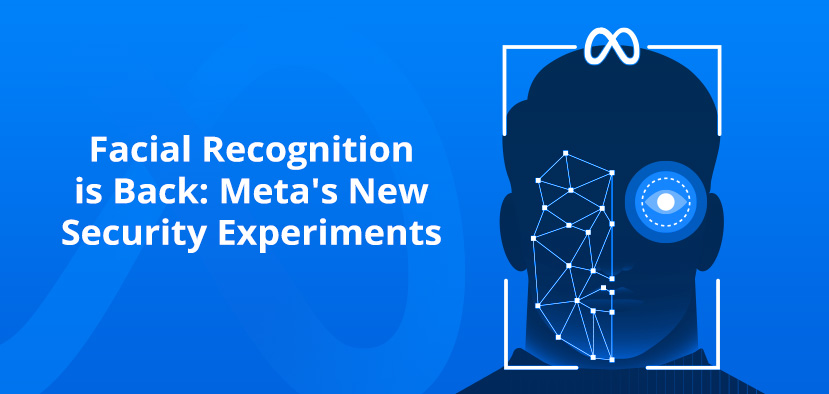Facial Recognition is Back: Meta's New Security Experiments
October 23, 2024
1 min 35 sec read
Meta's at it again with facial recognition technology, but this time, it's all about security.
After years of privacy concerns and even shutting down its facial recognition system in 2021, Meta is now experimenting with new ways to use this tech without stepping into controversy. The company is testing two processes that involve face recognition, which—surprise, surprise—has already raised some eyebrows.

First up, Meta is working on a facial matching system to combat "celeb-bait" scams. You know those shady ads that feature a celebrity's face to lure you in, only to take you to a scam website? Meta's plan is to match the faces used in these ads with high-profile public figures' Facebook or Instagram profiles. If there's a match, Meta checks whether the celebrity has actually endorsed the ad. If not, the ad gets blocked, and any facial data used in the process is deleted right away—whether they find a match or not. Meta's message is clear: they're not holding onto your facial data for anything beyond this specific purpose.
But why is this so controversial? Well, Meta's track record with facial recognition has been... shaky. In the past, privacy advocates have raised concerns about the misuse of such data, which led Meta to shut down its facial recognition features on Facebook. Plus, in countries like China, facial recognition tech is used in some pretty questionable ways, like sending jaywalking fines or tracking specific groups. That's why Meta's sudden dip back into facial recognition has some people worried.
The second experiment involves video selfies. If you've ever been locked out of your account, this one's for you. Meta is testing a feature where users can upload a video selfie to verify their identity and regain access to a compromised account. The idea is similar to how you unlock your phone with face ID. Again, Meta promises that any facial data generated from this process will be deleted immediately after verification, and the selfie won't be visible to anyone else.
So, should Meta keep pushing forward with facial recognition? It's tricky. On one hand, the tech offers a stronger layer of security. On the other, it opens the door to privacy concerns that Meta just can't seem to shake off. Whether these tests evolve into something bigger remains to be seen, but one thing's for sure: privacy watchdogs will be keeping a close eye on Zuckerberg and his team.
Want to read this in Spanish?
Spanish Version >>
